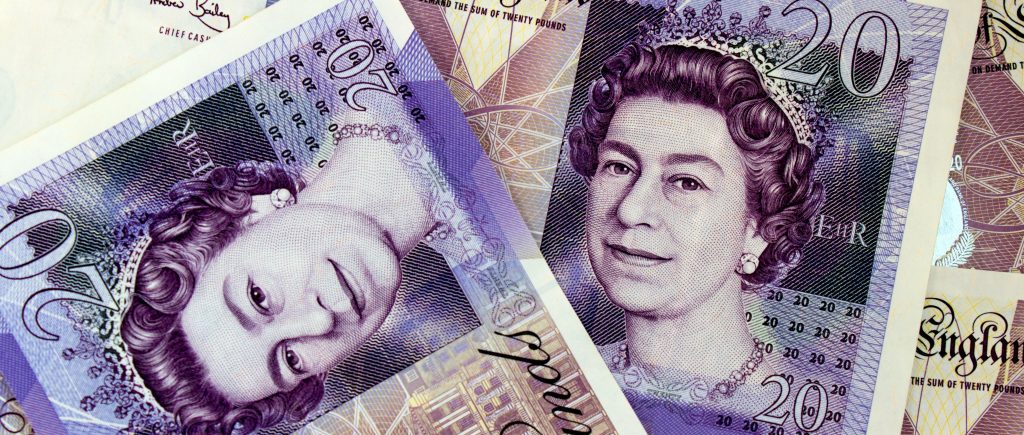The British pound edged lower against the dollar on Thursday, reflecting market caution as investors awaited clarity on President-elect Donald Trump’s Treasury Secretary pick and the implications for U.S. economic policies. Sterling fell 0.1% to $1.26405, struggling to maintain footing against a firming dollar.
Dollar Gains Weigh on Sterling
The dollar’s ascent, driven by optimism surrounding Trump’s growth and trade policies, continued to exert pressure on other major currencies. The euro faced significant challenges, dropping sharply against the dollar as concerns mounted over potential eurozone economic risks tied to Trump’s aggressive trade stance. Against this backdrop, sterling managed to gain 1.2% against the euro, reflecting the latter’s relative weakness.
UK Inflation Offers Brief Support
Sterling briefly found support earlier in the week following an unwelcome uptick in UK consumer inflation for October. This data reinforced market expectations that the Bank of England (BoE) will proceed cautiously with rate cuts. However, the pound has still fallen nearly 2% against the dollar this month, turning negative for the year.
Market Expectations for BoE Policy
Money markets suggest a potential 68-basis-point reduction in UK interest rates by December 2024, with little likelihood of any action at the BoE’s next meeting on December 19. Strategists, including Michael Pfister of Commerzbank, highlight limited market confidence in a February rate cut unless inflation data reveals sustained increases. Should inflation pressures persist, discussions about earlier monetary easing are expected to gain traction.
Economic Activity in Focus
Looking ahead, preliminary November business activity surveys (PMIs) from the UK, eurozone, and U.S. are due on Friday. October’s PMI for the UK was 52, above the critical 50 threshold that delineates growth from contraction, placing it second only to the U.S. (54). Economists expect November’s UK PMI to register at 51.8, signaling continued, albeit slower, economic expansion.
The pound’s trajectory will remain sensitive to domestic inflation trends, BoE policy signals, and broader developments in global trade and economic policy as the market assesses Trump’s potential impact on global growth dynamics.
 Noor Trends News, Technical Analysis, Educational Tools and Recommendations
Noor Trends News, Technical Analysis, Educational Tools and Recommendations





